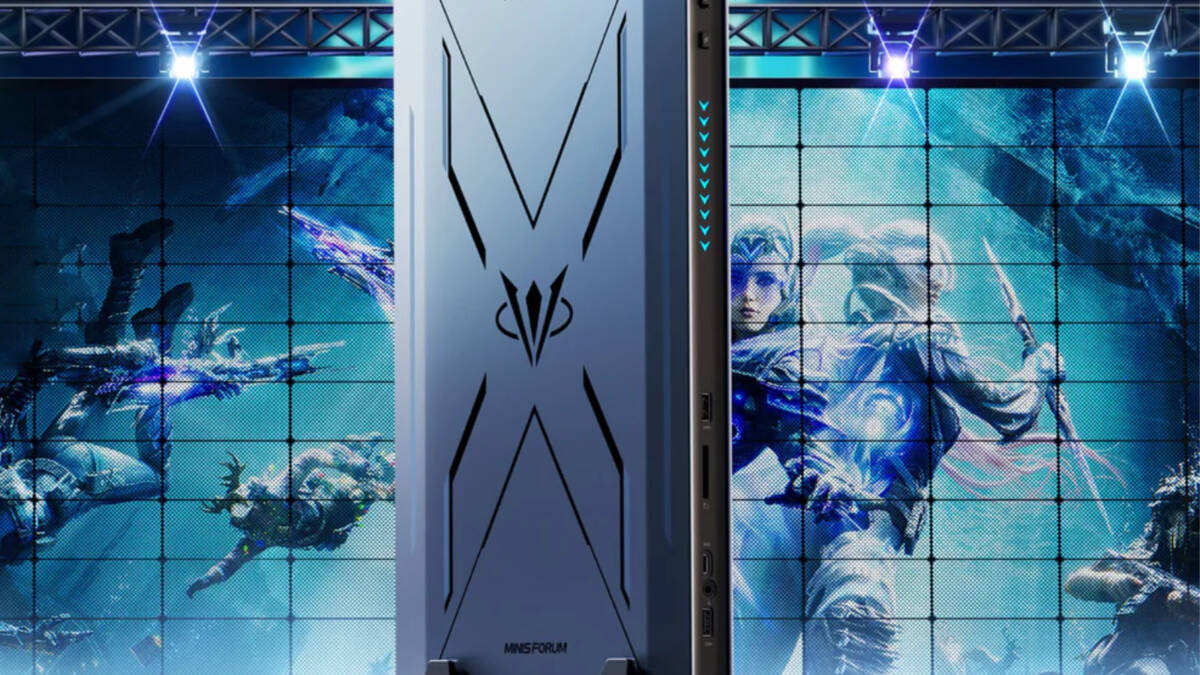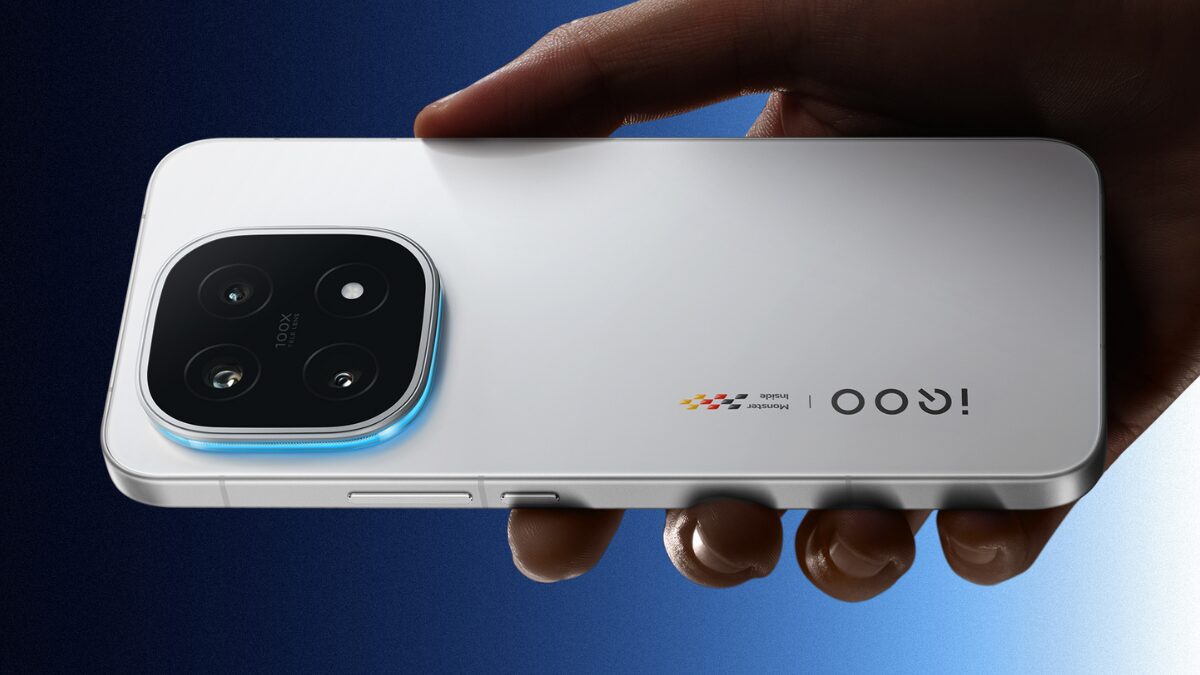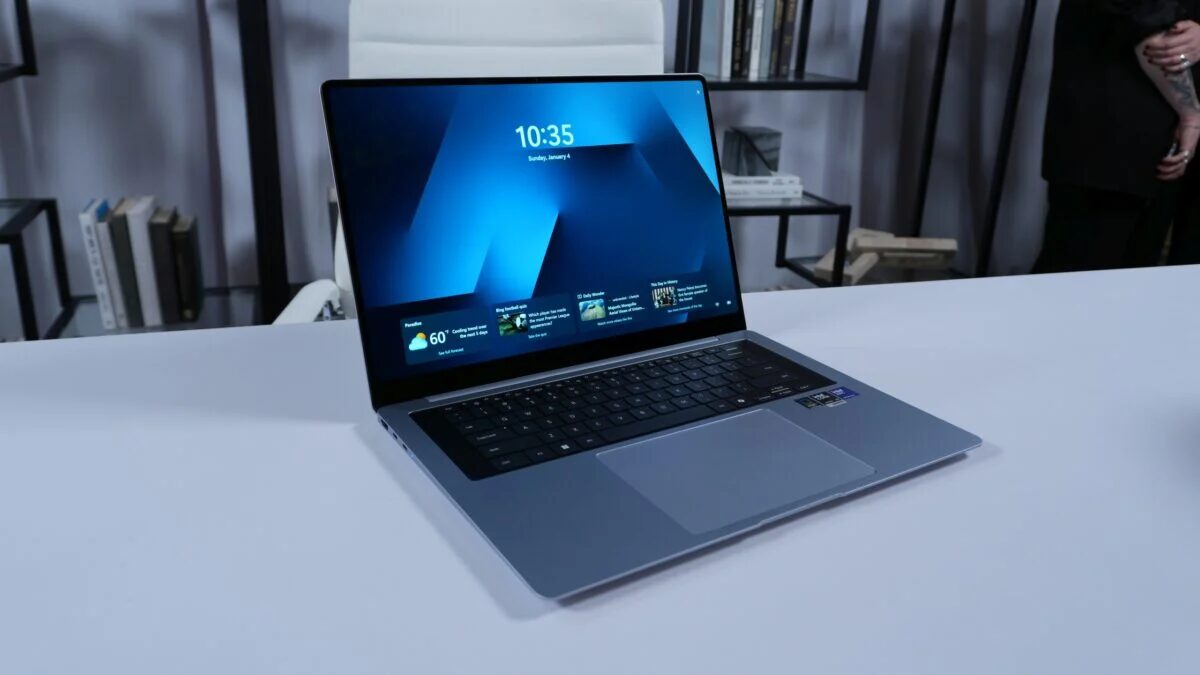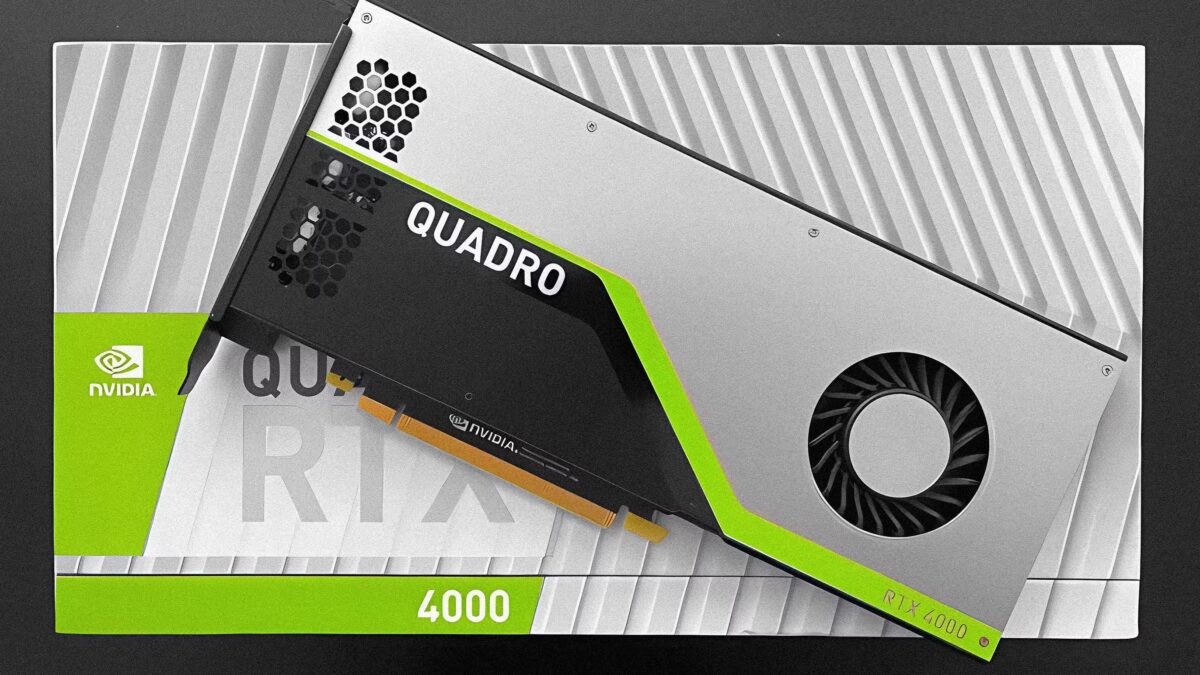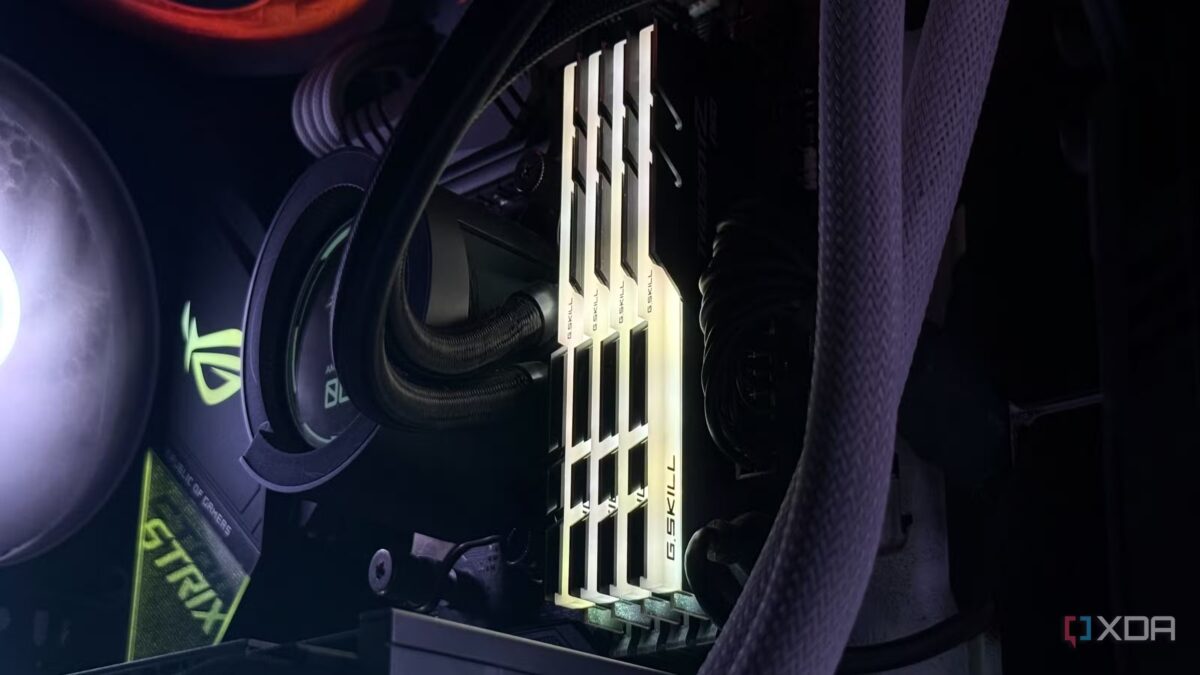Samsung starts mass production of 1TB QLC V-NAND chips
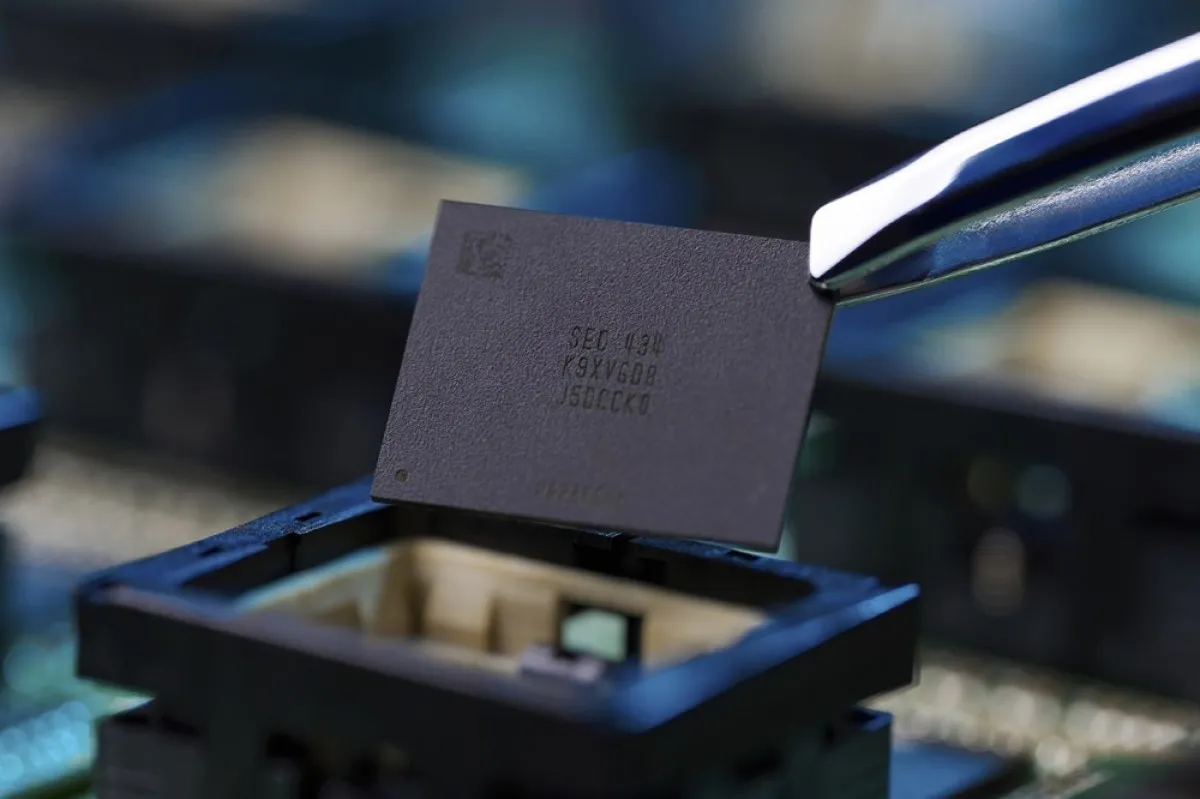
Samsung is a major storage chip manufacturer, and today the company announced that it has begun mass production of its latest NAND chips, the 9th generation V-NAND QLC with 1 terabit (125GB) of memory.
Samsung is a major storage chip manufacturer, and today the company announced that it has begun mass production of its latest NAND chips, the 9th generation V-NAND QLC with 1 terabit (125GB) of memory.
Back in April, Samsung became the first company to mass produce 9th generation V-NAND with TLC (triple-level cell) technology. Now they are upgrading it to a quad-level cell (QLC) solution, which allows for 4 bits per cell.
This will result in a doubling of data write speed and a 30% and 50% reduction in read and write power consumption respectively.
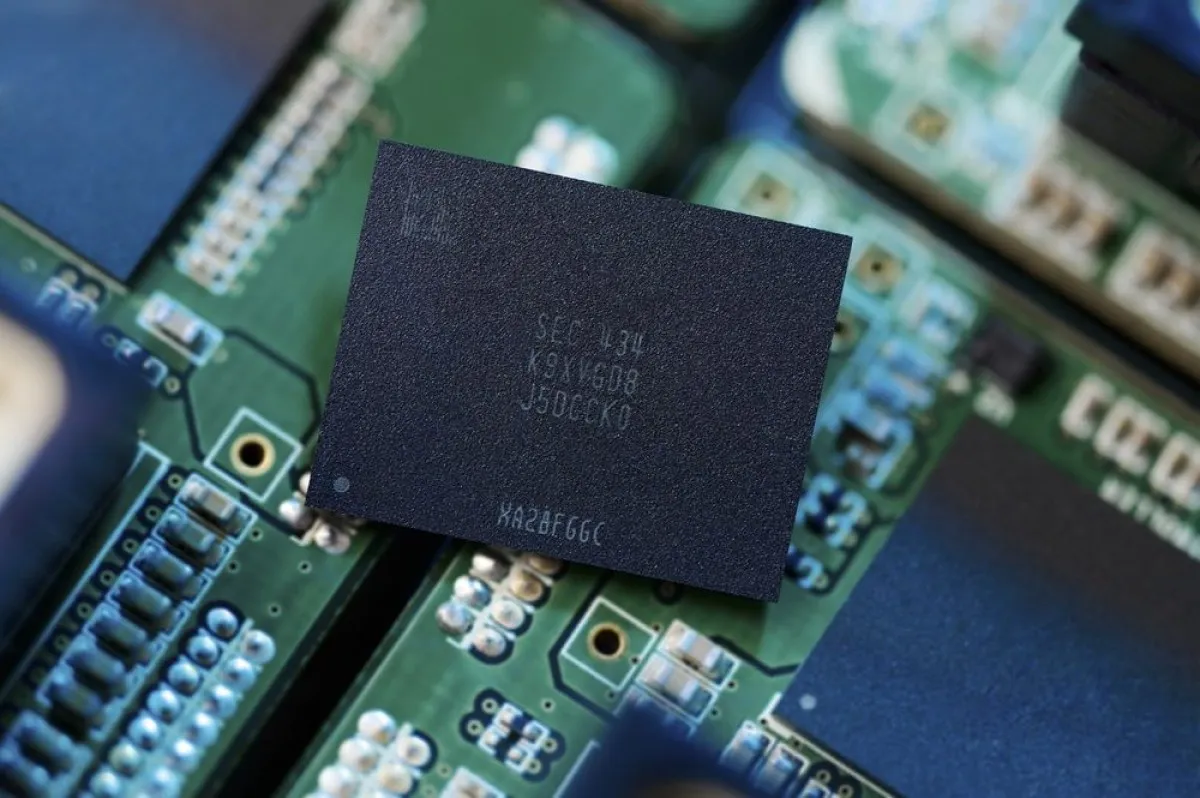
Sung Hoi Hur, executive vice president and head of the Flash Products and Technology Division, said the mass production came just in time to meet Samsung’s need for advanced SSD solutions in the age of artificial intelligence.
Sung Hoi Hur, executive vice president and head of the Flash Products and Technology Division, said the mass production came just in time to meet Samsung’s need for advanced SSD solutions in the age of artificial intelligence.
One of the technological breakthroughs that made QLC V-NAND possible is the etching of channel holes. Samsung has achieved more layers with a dual-layer structure, while cell area and peripheral circuits have been optimized, increasing the density by 86% compared to the previous generation.
Samsung has achieved more layers with a dual-layer structure, while cell area and peripheral circuits have been optimized, increasing density by 86% compared to the previous generation.
Samsung has adopted Designed Mold technology to achieve uniformity and optimized cell performance across and within layers. As a result, storage efficiency has improved by 20%, resulting in higher product reliability.
Samsung has adopted Designed Mold technology to achieve uniformity and optimized cell performance across and within layers.
Also, read and write power consumption has been reduced, and the new solution doubles write performance with technology that minimizes unnecessary on-chip operations.
Samsung has adopted Designed Mold technology to achieve uniformity in cell performance and optimize on-chip cell characteristics.
V-NAND QLC chips are commonly used in SSDs. The solution will later expand to PCs, server SSDs for cloud services, and all-in-one flash drives, mainly used in smartphones.
The new solution will also be used in SSDs, which are mainly used in smartphones.

